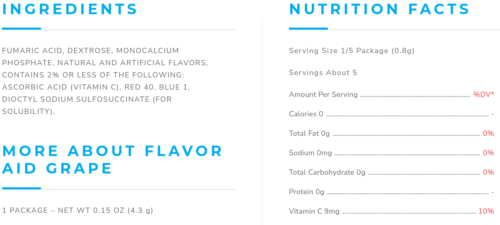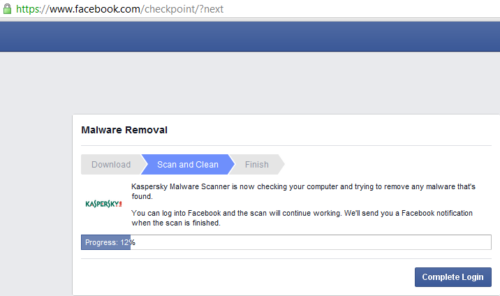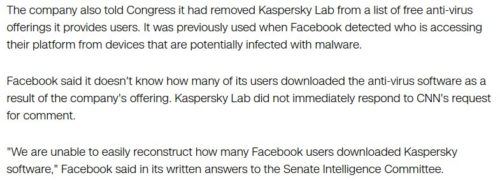The U.S. Center for Disease Control (CDC) has published data showing a large political party is killing its members like a primitive cult drinking Jel Sert’s Flavor Aid. Can you guess which one? Here is a clue from ABC.
“…the 10 states with the highest vaccination rates all voted for Biden in 2020, while nine of the 10 states with the lowest vaccination rates [did not].”
It really begs the question for who in the security industry did not vote for the party that stood for national safety and preserving life, given the other one actively opposed basic security.
The ABC goes on to say there was a vast discrepancy between red and blue beliefs as death correlated to political regions. Notably, the differences were measured in “access to adequate healthcare, and the disproportionate impact of the virus on communities of color.”
People taking drinking the red stuff experienced less healthcare, more racism.
And again, given our industry is supposed to care about information integrity, we have to wonder who voted for America having a national security breach of this magnitude.
…vaccination rates and receptivity to mitigation measures have also been influenced by factors including misinformation.
Can someone ethically be a security professional who goes on Fox news to whinge about stopping breaches (that have marginal likelihood and severity) while voting for a party that attacks the country en masse (killing literally millions)?
Once a vaccine was widely available the death rates shot up nearly 40% in “red” states. This is basically a United States security dashboard where user groups who refuse baseline precautions on political grounds alone are going permanently offline at an alarming rate.
Speaking of misinformation, Jel Sert’s official grape Flavor Aid page says its primary ingredient on the left side is sugar made from cornstarch (Dextrose), yet the nutrition label doesn’t list sugar at all on the right side.

Very strange, given that dextrose powder has about 4 calories per gram just like table sugar (sucrose) and quickly raises blood glucose levels. This 4 gram package mixed with water gives 16 calories of sugar and basically nothing else (including attempts to hide the sugar as vitamin C).
Dextrose is said to lead directly to weight gain, diabetes and heart disease if you believe the science in a large-scale study from April 2014 in JAMA Internal Medicine. Such warnings about the dangers of dextrose were echoed again in 2017 by BMJ OpenHeart. So how can a sugar product have a prominent list that doesn’t include sugar?
[FDA requirement to put on a nutrition facts list] added sugars include sugars that are added during the processing of foods (such as sucrose or dextrose)… For most Americans, the main sources of added sugars are sugar-sweetened beverages…
Again speaking of misinformation, Elon Musk originally said in early 2020 that COVID19 would be gone by April, and then in late 2020 that he did not believe in safety measures and would not get a vaccine. Two years later he has both gotten the vaccine and twice been tested positive for COVID-19.
If this sounds like misinformation from a prominent political voice in America, it gets even worse. News reports say he used his bully pulpit to convince people their lives didn’t matter.
…he spent months criticizing public health measures aimed at curbing the spread of the coronavirus, promoting misinformation about COVID-19 such as insisting it wasn’t very deadly, and baselessly casting doubt on the effectiveness of vaccines.
In fact, Elon Musk said in the most political way he would move his entire operations to a “red” state after California said it was applying pandemic precautions (as well as investigating racism) to protect his workers from abuse and death.
This is unfortunately consistent with him also telling the public lies about transportation safety, allegedly profiting from cutting corners in the low-quality deceptive Teslas that caused hundreds of preventable deaths… perhaps making it the Flavor Aid of cars.
All food for thought.


